Arctic glaciers remain at risk even if int’l community reaches climate targets: study
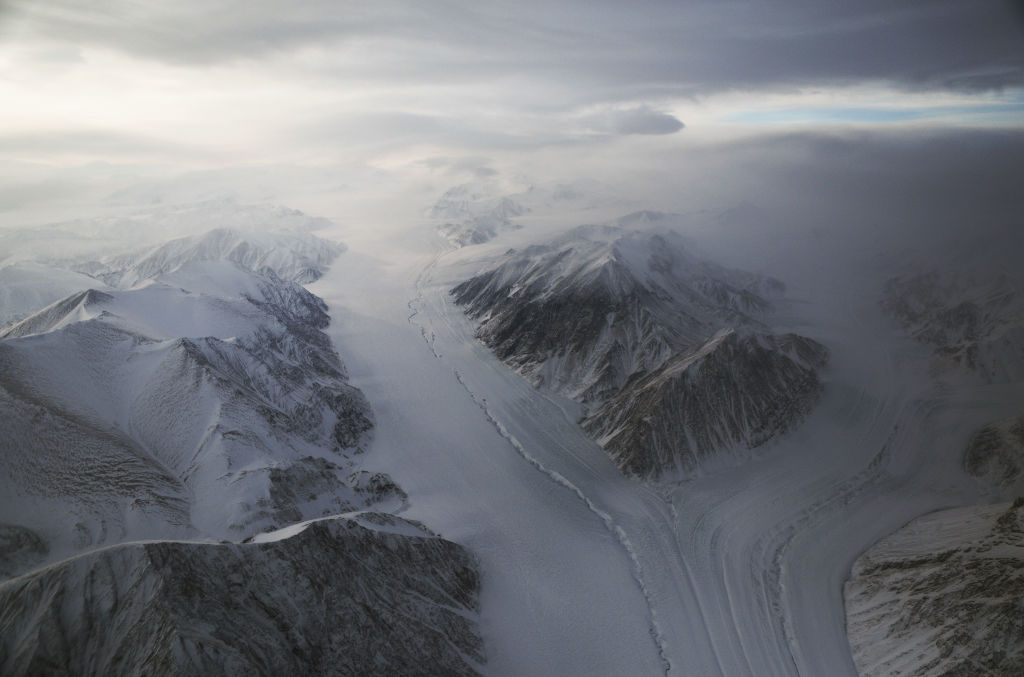
Many glaciers around the world, including in parts of the Arctic, will remain at risk even if the international community is able to meet the minimum Paris climate targets, warns an international study released on Thursday.
“Our study makes it painfully clear that every fraction of a degree matters,” Harry Zekollari, co-lead author, from the Vrije Universiteit Brussel, said in emailed comment.
“The choices we make today will resonate for centuries, determining how much of our glaciers can be preserved.”
To do the study, published in the journal Science, the researchers ran eight glacier models. Using steady climate conditions they found that glaciers around the world are expected to lose 39 per cent of their mass, even if current temperatures held steady, something that would raise global sea levels by over four inches (113 mm).
But if global temperatures hit 2.7 C above pre-industrial levels — which is where current policies are headed — glaciers could lose 76 per cent of their mass, raising sea levels by nine inches (230 mm).
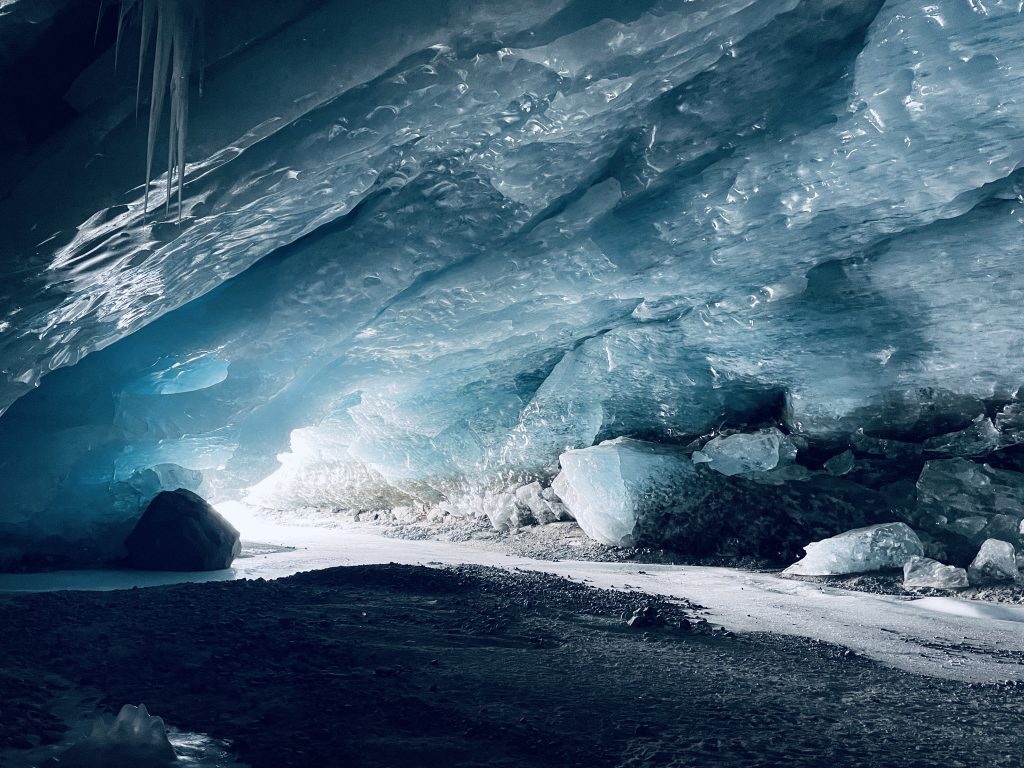
Breiðamerkurjökull. (Alexandra von der Esch/ ETH Zurich).
“Glaciers are good indicators of climate change because their retreat allows us to see with our own eyes how climate is changing,” Lilian Schuster, co-lead author from the University of Innsbruck, said.
“However, since they adjust over longer timescales, their current size vastly understates the magnitude of climate change that has already happened. The situation for glaciers is actually far worse than visible in the mountains today.”
Stark picture for Arctic Canada
Arctic glaciers are especially vulnerable because they respond slowly to change and the region is warming rapidly, the study said, something that paints a worrying picture for Canada’s North.
The researchers said many glaciers there are expected to mostly disappear over the next few centuries if current conditions continue.

The glaciers disappearing is due to a combination of intense warming in the area and the fact that these glaciers can’t retreat to higher elevations like those in more mountainous regions.
Glaciers like the Barnes Ice Cap on Baffin Island in Nunavut, for example, has little chance of surviving in today’s warming climate, the study said, as even if temperatures stabilized now, mass would continue to be lost.
“Combined with strong regional warming, Canada South’s glaciers are projected to largely disappear in the coming centuries under present-day climatic conditions,” the paper said.
“Many of this region’s large glaciers are relics of past glaciations [e.g., the 6000 km2 Barnes ice cap, a remnant of the Laurentide ice sheet] and cannot survive.”
- Right now, Canada has over 200,000 square kilometers of glacial ice.
- Since 1985, about 1,141 glaciers have melted away in BC and Alberta, marking an 8 per cent decline.
- From 2000 to 2019, Canada’s glaciers lost enough ice to raise global sea levels by 5 millimeters.
Source: International Year of Glaciers’ Preservation—Canada
The researchers said they hope their findings drive home the importance of strong climate policies in protecting glaciers and preserving them over the long term.
Brian Menounos, a professor of earth sciences at the University of Northern British Columbia, and a former Canada Research Chair in Glacier Change, was not involved in the study but said the findings drive home the importance of reducing greenhouse gas emissions and the ecological impacts melting glaciers would have on the country’s environment and rising sea levels.
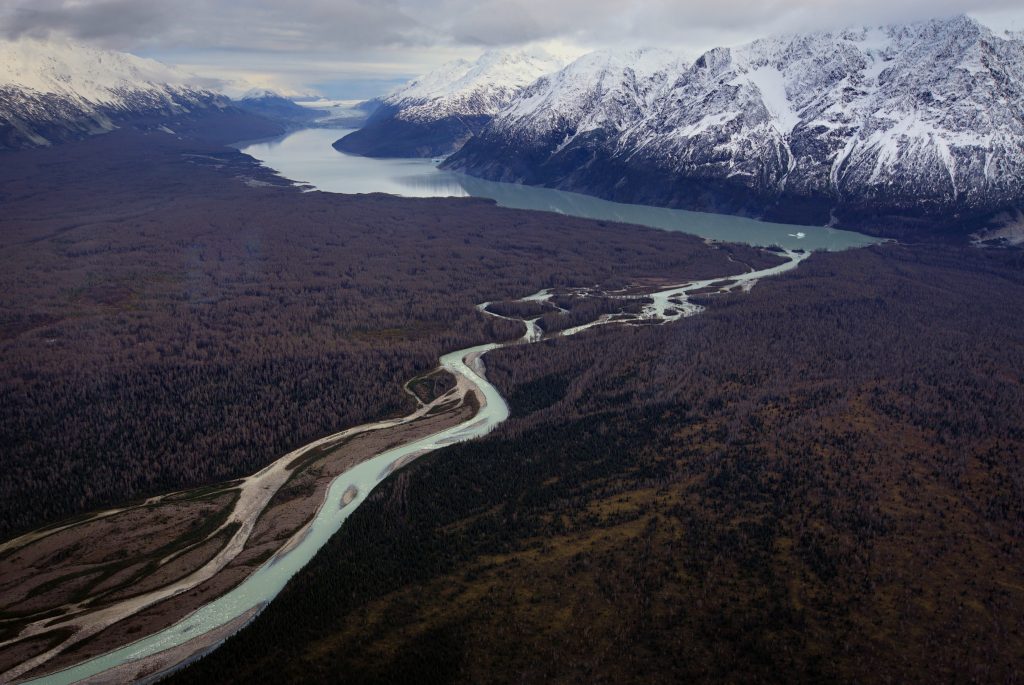
“This is another important study that clearly demonstrates how the fate of the world’s glaciers, including those in Canada, are tied to the magnitude of future warming,” Menounos, said in an emailed statement.
“Canada is home to about one-quarter of Earth’s glaciers, and many of our glaciers provide cool, plentiful water for aquatic ecosystems.
“Although society has already committed substantial loss of glacier mass due to current climate change, this study demonstrates how much glacier ice could be saved through concerted efforts to curb greenhouse gas emissions.”
Comments, tips or story ideas? Contact Eilís at eilis.quinn(at)cbc.ca
Related stories from around the North:
Canada: Arctic predicted to warm more than three times faster than global average:WMO report, CBC News
Norway: Svalbard glacier once survived a warmer climate, The Independent Barents Observer
Russia: Melting permafrost may release industrial pollutants at Arctic sites: study, Eye on the Arctic
United States: Trump’s cuts threaten US polar science after decades of data collection, Blog by Mia Bennett

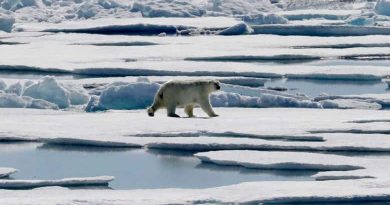

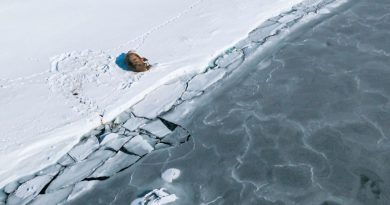
nice blog